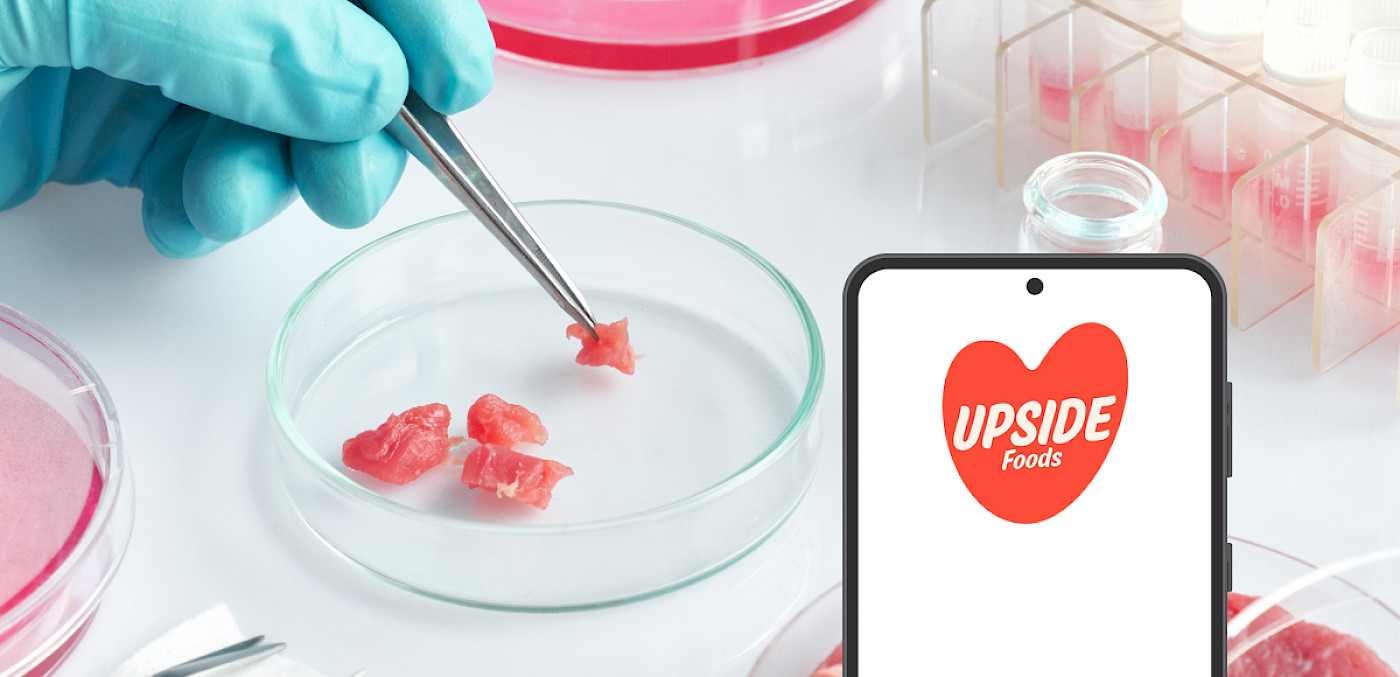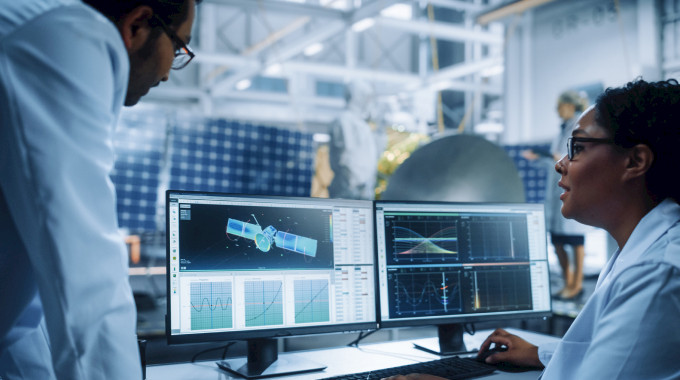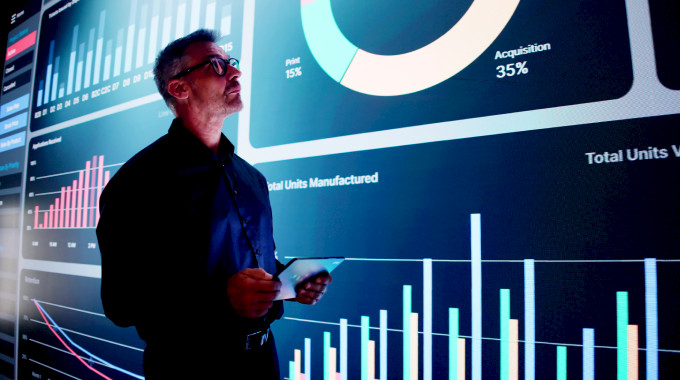Foods gets nod from FDA, impossible foods bets on plant-based products
Laboratory-grown meat products are one step closer to America’s restaurants and supermarkets, thanks to a FDA ruling that effectively gives a green light to private companies developing “sustainable” protein offerings.
On November 16, the Food and Drug Administration announced that lab-grown chicken developed by Upside Foods, a Berkeley, Calif.-based start-up formerly known as Memphis Meats, is safe for human consumption.
“The world is experiencing a food revolution and the U.S. Food and Drug Administration is committed to supporting innovation in the food supply,” said the FDA in its press release.
The agency has given a safety sign-off on Upside Food’s process that takes living cells from chickens, and grows them in a controlled environment to produce cultured animal cell food. The company will be able to bring its products to market once its facilities have been inspected by the U.S. Department of Agriculture. Singapore is currently the only country where lab-grown meat can legally be sold to consumers.
While the FDA’s ruling only applies to Upside’s products, the agency said that it’s ready to work with additional firms that are developing cultured animal cell food and production processes. That’s great news for companies that are creating lab-grown meat, most notably Eat Just.
In recent years, venture capitalists have poured more than $2 billion into lab-grown food companies, according to the Food Institute.
Founded in 2015, Upside Foods has raised a total of $606 million in funds over six rounds, the latest of which was a Series C round in April 2022. It also has attracted a diverse and powerful group of investors, including Microsoft founder Bill Gates, Softbank, Tyson Foods, and the Abu Dhabi Growth Fund. The company’s last known valuation was $1.3 billion.
San Francisco-based Eat Just, which was founded in 2011, has developed several products including eggs made entirely from plants and meat made from animal cells. It was the first company to receive approval to make artificial “clean meat” in Singapore in 2020. The company has raised a total of $465 million in funding over 12 rounds, the latest of which was in August 2022. Among its investors are Taiwanese venture capitalist Jerry Yang, Ash Patel, and Collaborative Fund. The company, whose last known valuation was $1.22 billion, was reportedly weighing going public as recently as March 2022, according to Axios.
There’s also Wildtype, a San Francisco-based biotech company that has created seafood from fish cells and claims to make “sushi-grade” salmon. Backed by investors such as actor Leonardo DiCaprio, actor Robert Downey Jr.’s FootPrint Coalition and Bezos Expeditions, the company has raised a total of $116 million over three rounds, the latest was a Series B round in February 2022. It has been valued at $453 million.
Impossible Foods, the Redwood City, Calif.-based creator of the popular plant-based “Impossible Burger,” is also at work in the lab developing new food products. The company has raised a total of $1.9 billion over 12 rounds, the latest in November 2021 with a Series H round, and the company has reportedly been considering an IPO for at least a year. The company’s last-known valuation was $6.88 billion.
But Pat Brown, Impossible Food’s Founder and CEO, is betting that there’s a stronger future in plant-based products that taste like meat than in creating actual meat protein in a lab. “Plant-based food is going to win,” Brown told a reporter for Plant Based News earlier this year.
But investors in lab-grown meat ventures may be seeing the promise of creating these types of products in a lab. The artificially created meat products better resemble the taste and texture of the meat of animals than plant-based alternatives. At the same time, lab-grown meat products spare the environment from the resources needed to create and maintain the billions of animals necessary to meet the world’s food demand.





